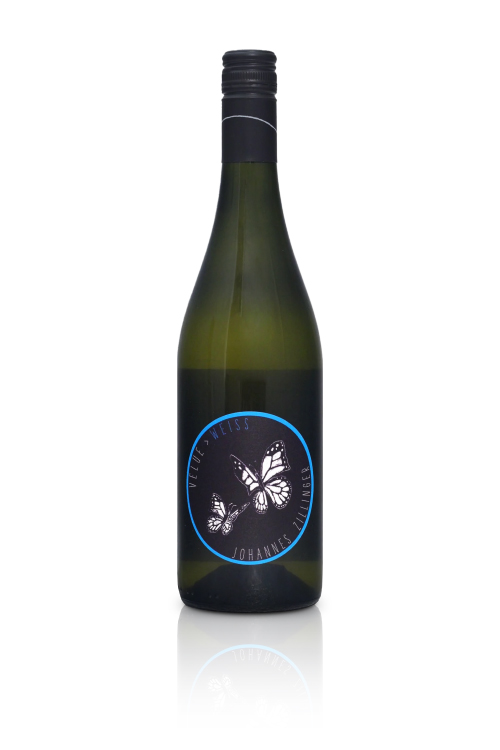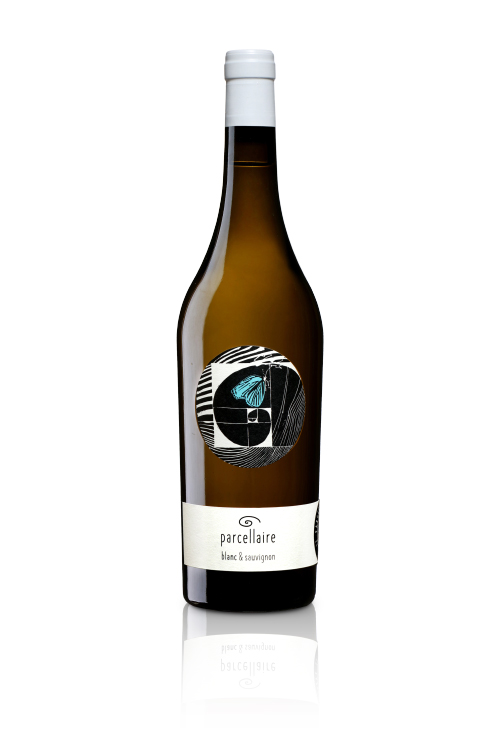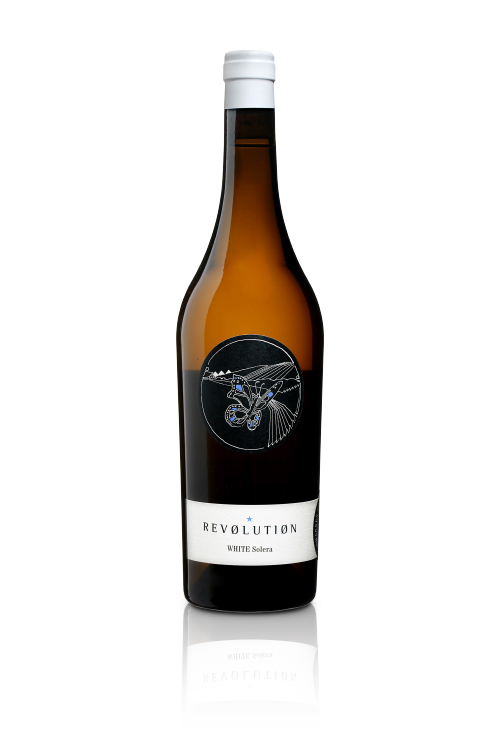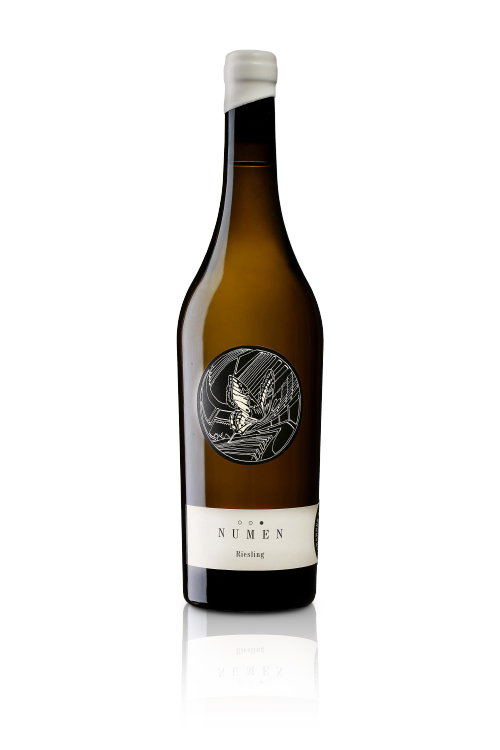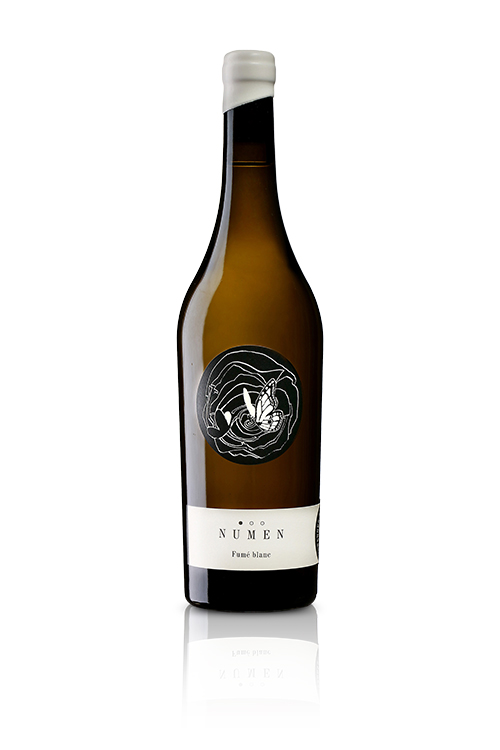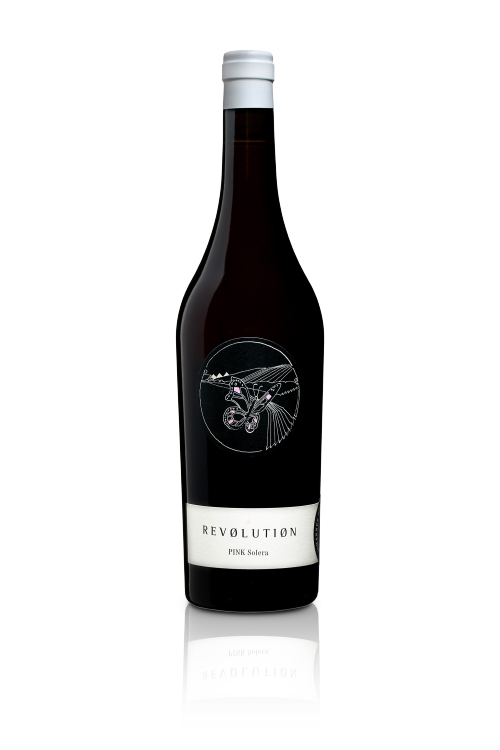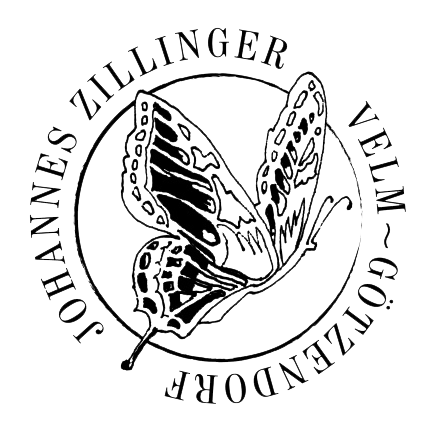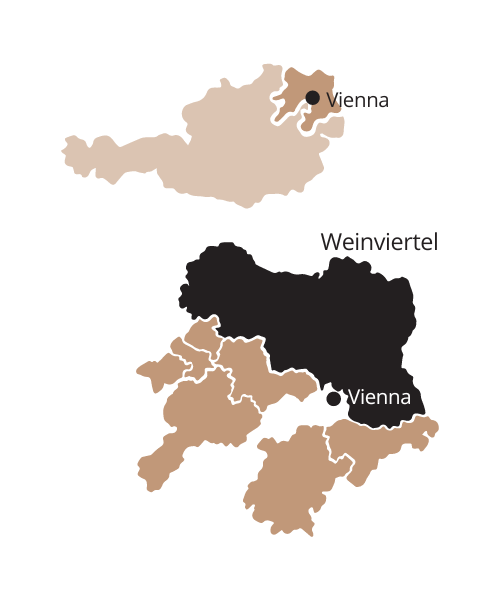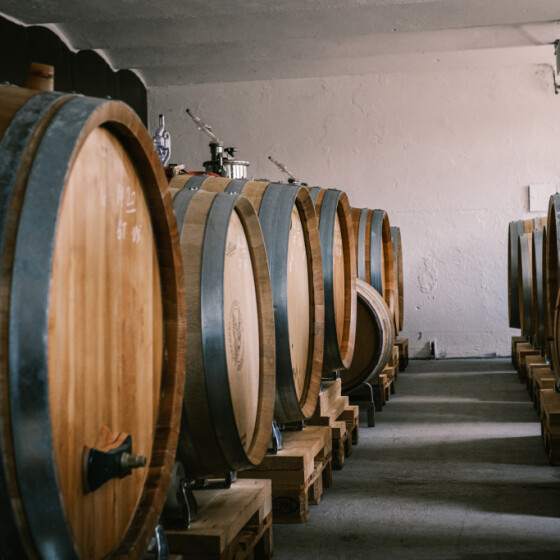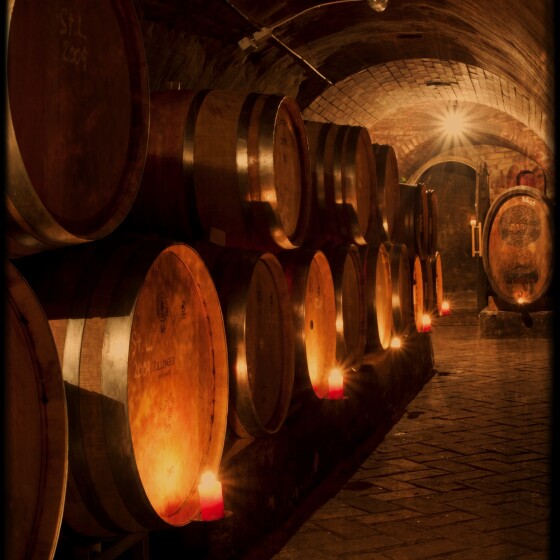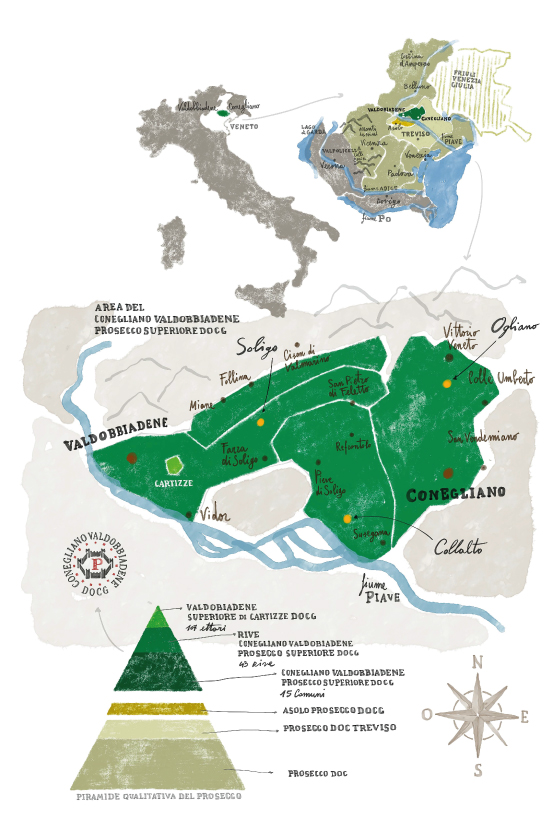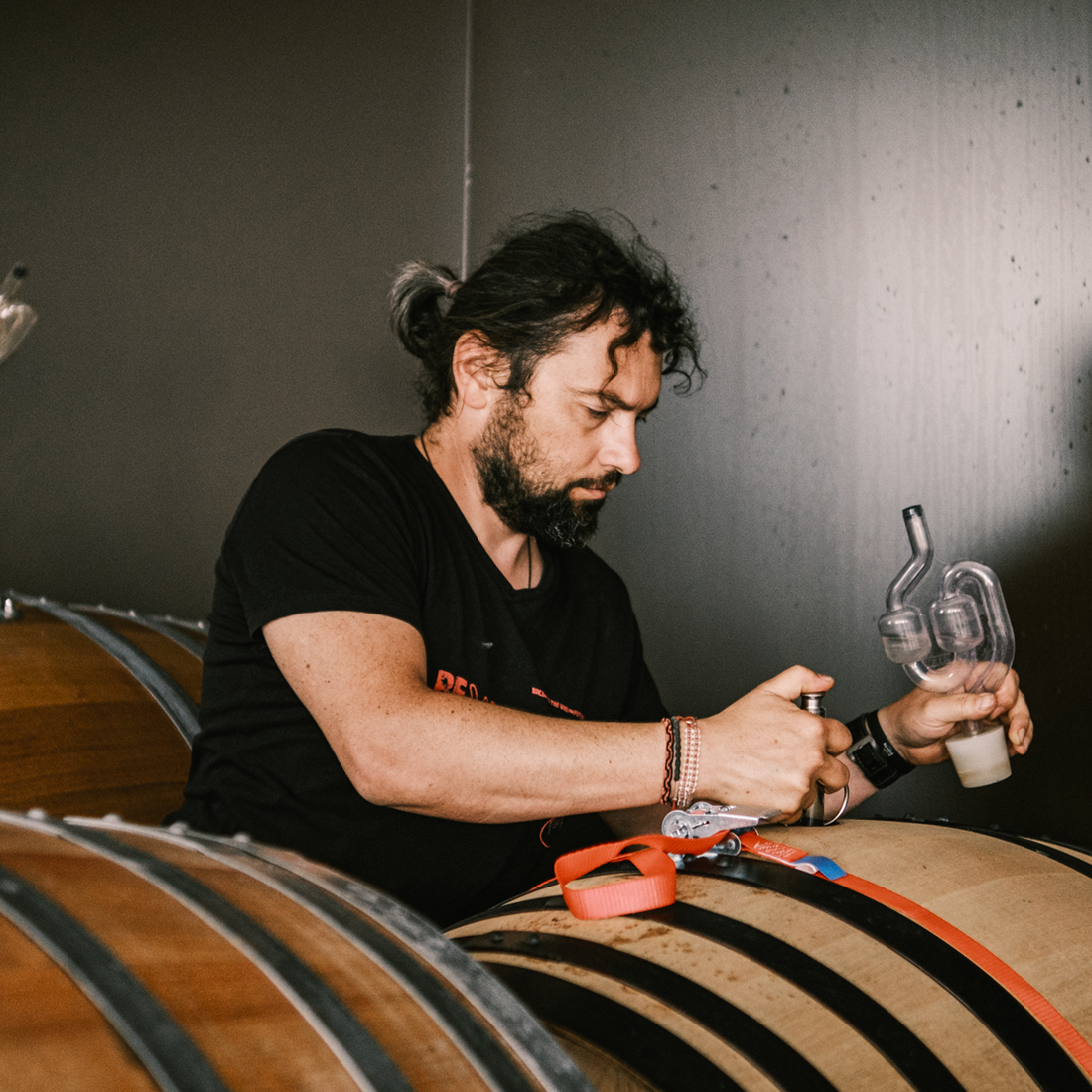
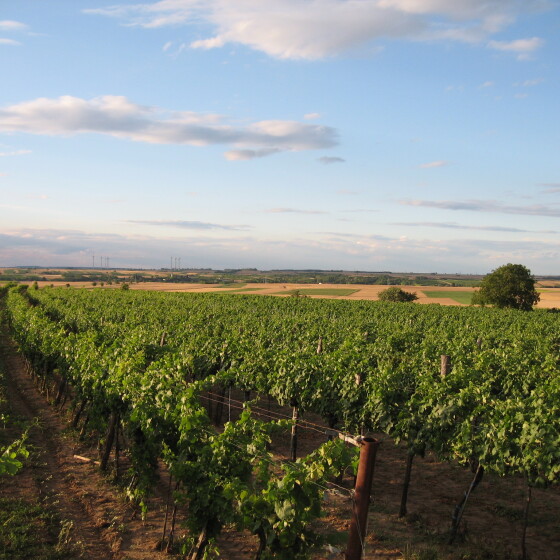
THE COMPANY
Born in 1980, Johannes Zillinger joined the family business in 2000, bringing with him a philosophy based on a biodynamic and sustainable approach: not only organic since 1984, but Demeter certified since 2013. The estate, located in Velm-Götzendorf in the Weinviertel region, cultivates 20 hectares and produces around 90,000 bottles per year. Every element of production is geared towards circular agriculture: self-produced compost, medicinal herbs grown in the vineyards to create habitats for beneficial organisms and as a basis for natural extracts, trees and hedges to regulate the microclimate. The vineyards are a complex ecosystem, enriched by sheep, chickens and Kune Kune pigs, which contribute to soil fertility and biodiversity. Winemaking techniques include spontaneous fermentation in amphorae, intercellular fermentation, sulphite-free ageing (NUMEN) and the solera method (REVOLUTION), for pure, expressive and long-lived wines. In the 350-year-old Kellerberg cellar, the wines mature in oak barrels, Georgian amphorae and steel, reflecting the natural balance and uniqueness of the terroir, with a stylistic signature that is increasingly recognisable internationally.
